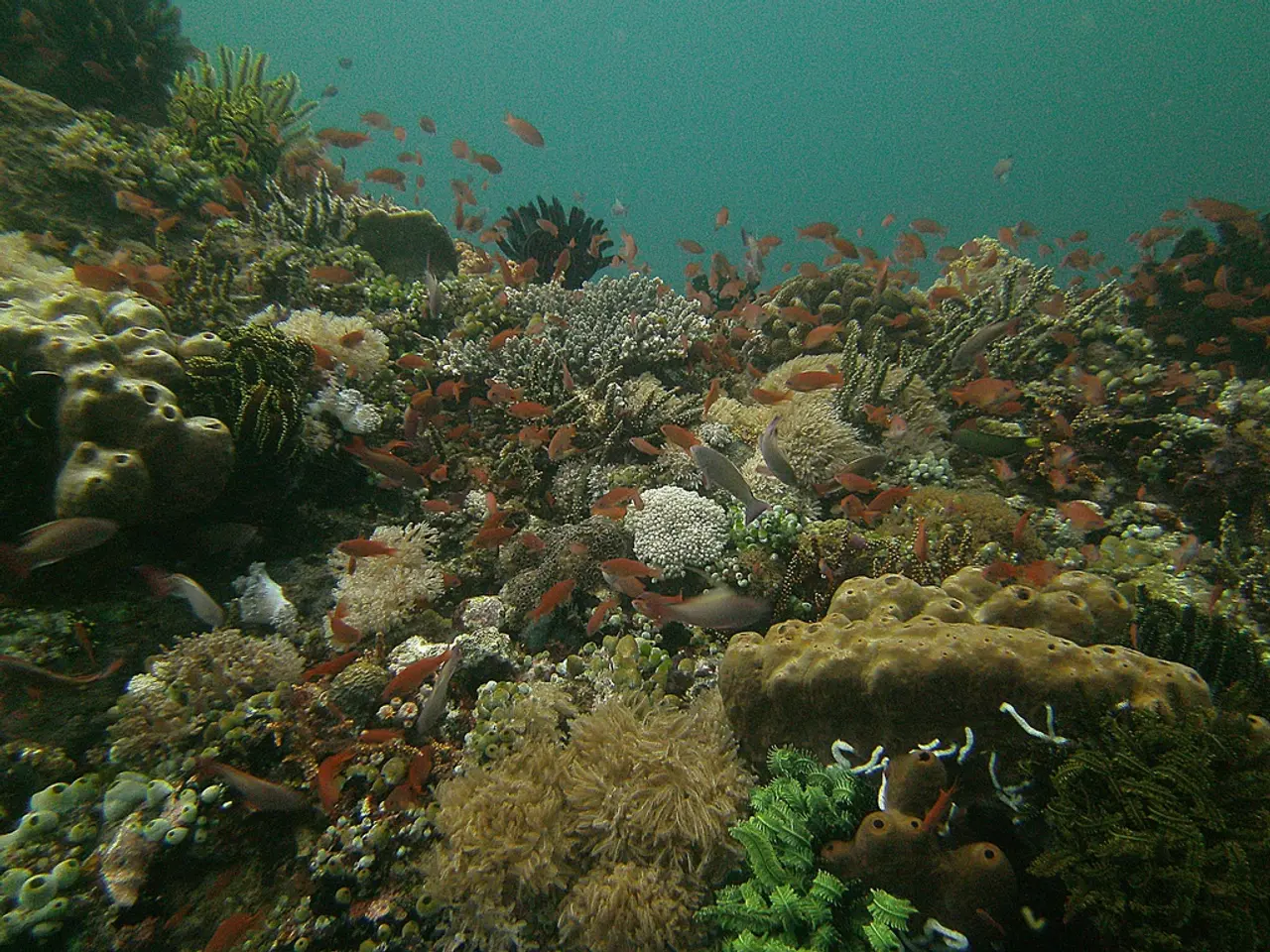Rivers carrying away ocean plastic waste
A groundbreaking study, published in the prestigious journal Science, has uncovered significant inaccuracies in the current estimates of microplastic fluxes from rivers to the oceans. Led by Dr. Lisa Weiss and a team of researchers from the Centre of Education and Research on Mediterranean Environments (CEFREM) and various institutions in France and the University of Barcelona in Spain, this global study has highlighted the need for urgent action and collaboration within the scientific community.
The researchers, including Professor Miquel Canals from the Universities of Perpignan and Barcelona, discovered that the existing estimates are overestimated by two to three orders of magnitude. This overestimation is largely due to methodological flaws, such as sample contamination and inconsistent measurement techniques. Furthermore, the study found that incompatible data were integrated, which were obtained through different sampling techniques.
Assessments based on the relation between microplastic fluxes and the MPW index (mismanaged plastic waste) were also found to be inaccurate. The study identified the main methodological mistakes that led to these inaccurate assessments, providing valuable insights into the corrective measures needed to improve future research.
Rivers are the leading source of plastic pollution in the oceans, discharging several million metric tons annually. However, the study found that the floating stock of microplastics on the ocean's surface is a small fraction of the plastic discharged by rivers. If microplastics discharge from rivers to the sea were to stop today, the amount of floating particles and their harmful effects on marine ecosystems would persist for at least several more years.
The study also sheds light on the fact that microplastic pollution in oceans comes from countries with well-established waste management systems, not just developing countries. This finding challenges the common perception that the problem of microplastic pollution is primarily a concern for developing nations.
The average residence time for microplastics at the surface of the oceans may actually be a few years, as opposed to several days, as previously estimated. This revelation underscores the long-term impact of microplastics on the marine environment and the need for sustained efforts to combat this issue.
Dr. Wolfgang Ludwig, the Director of the CEFREM laboratory, stated that the fight against microplastic pollution requires targeting sources where microplastic waste is generated and changing consumption habits and waste management at a global scale. He emphasised the importance of the scientific community working together to overcome inertia from the past, correct mistakes, and work with common protocols and guidelines to provide the best possible decision-making advice for protecting oceans and seas.
The search for the missing 'plastic sink' is now over, as the missing plastics have been found through the correction of the river flux estimate. However, further research is urgently needed to understand how plastics cycle in the oceans, particularly regarding plastic size classes, oceanic compartments, and land-to-sea transfer processes.
The impacts of plastics on the marine environment is an emerging field of scientific research that has generated a large number of scientific publications over the last few years. This study serves as a significant contribution to this field, offering valuable insights and paving the way for more accurate and effective research in the future.
The DOI for the study published in Science is 10.1126/science.abe0290. For those interested in learning more about this groundbreaking research, the study can be accessed via this link.
Read also:
- Peptide YY (PYY): Exploring its Role in Appetite Suppression, Intestinal Health, and Cognitive Links
- Toddler Health: Rotavirus Signs, Origins, and Potential Complications
- Digestive issues and heart discomfort: Root causes and associated health conditions
- House Infernos: Deadly Hazards Surpassing the Flames








